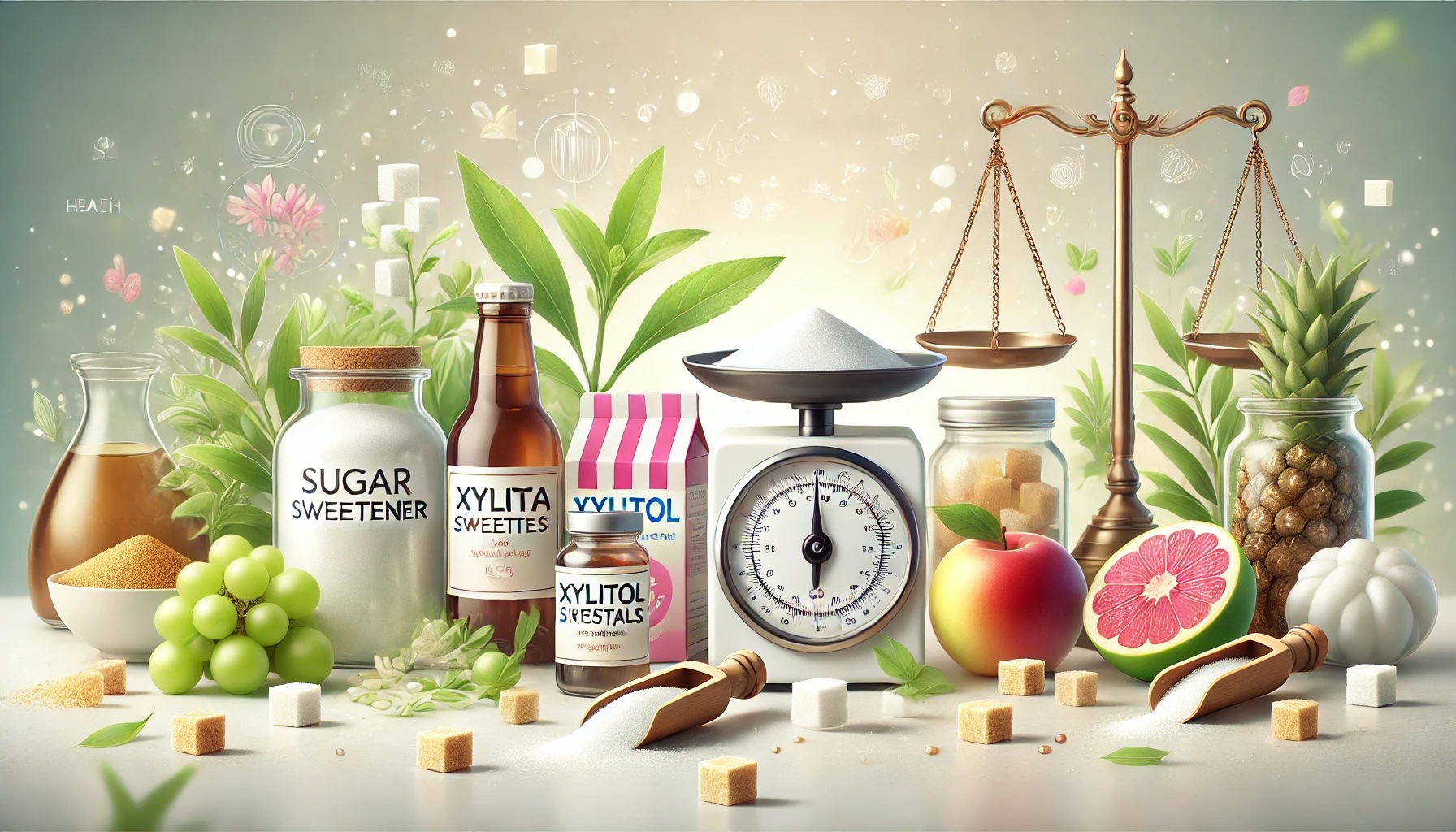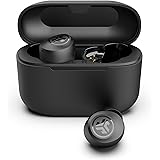With the rise of healthy eating trends, more people are paying attention to sugar consumption. To address the calorie and health risks associated with traditional sugar (sucrose), sugar substitutes have emerged as popular alternatives. From sugar-free beverages to low-calorie desserts, these substitutes are everywhere. However, the safety and health impact of sugar substitutes have been a topic of ongoing debate.
This article will provide a comprehensive overview of the pros and cons of sugar substitutes, helping you make informed and scientific choices about their use.
What Are Sugar Substitutes?
Sugar substitutes are compounds used to replace traditional sugar. They deliver sweetness with fewer or even zero calories. Sugar substitutes fall into two main categories:
1. Artificial Sweeteners
Artificially synthesized sweeteners, often significantly sweeter than sugar, with little to no calories.
• Common Types:
• Aspartame
• Saccharin
• Sucralose
2. Natural Sweeteners
Extracted from natural plants or foods, these sweeteners often have fewer calories than sugar.
• Common Types:
• Xylitol
• Erythritol
• Monk fruit sweetener
Applications of Sugar Substitutes:
• Food and Beverages: Sugar-free drinks, low-calorie desserts, and snacks.
• Health Management: Preferred by individuals with diabetes or those on low-sugar diets.
• Cooking and Baking: Certain substitutes can withstand high temperatures, making them suitable for baking.
The Advantages of Sugar Substitutes
1. Low Calorie and Weight Management
Sugar substitutes have fewer calories, making them ideal for weight loss and calorie control.
Example:
A can of regular soda contains about 140 calories, while a sugar-free soda made with artificial sweeteners has almost zero calories, making it a great choice for those looking to cut down on calories.
2. Minimal Impact on Blood Sugar Levels
Unlike sugar, most substitutes do not cause significant spikes in blood sugar, making them suitable for people with diabetes.
Example:
Erythritol and xylitol are natural sugar substitutes that do not stimulate insulin secretion, making them ideal for managing blood sugar levels.
3. Reduced Risk of Cavities
Some substitutes, like xylitol, inhibit the growth of oral bacteria, helping to prevent tooth decay.
Example:
Xylitol is widely used in sugar-free chewing gum, offering sweetness while freshening breath and protecting dental health.
4. Suitable for Special Diets
Sugar substitutes provide a sweet alternative for people with diabetes, obesity, or those following low-sugar diets, allowing them to enjoy sweet flavors without the associated health risks.
The Disadvantages of Sugar Substitutes
Despite their advantages, sugar substitutes have potential drawbacks that warrant attention:
1. Digestive Issues
Some substitutes, such as erythritol and xylitol, may cause bloating, gas, or diarrhea when consumed in large amounts.
Example:
Eating too many sugar-free desserts containing erythritol in one sitting may lead to gastrointestinal discomfort.
2. Health Controversies
Certain artificial sweeteners like aspartame and saccharin have faced scrutiny over potential health risks. Although most studies indicate they are safe when consumed within recommended limits, concerns remain among some consumers.
Example:
Saccharin was once classified as a “possible carcinogen” in some countries, though subsequent studies have shown it to be safe at low doses.
3. Taste Differences
Some substitutes, like stevia, have unique aftertastes, such as a licorice-like flavor, which some people may find unappealing.
4. Psychological Compensation
Studies suggest that consuming sugar substitutes may lead to a “compensation effect,” where individuals believe sugar-free products allow them to consume more calories from other sources.
Example:
Someone drinking a sugar-free soda might feel justified in eating extra desserts, ultimately negating the calorie reduction from the soda.
How to Safely Choose and Use Sugar Substitutes
1. Select the Right Type for Your Needs
• If you prefer natural ingredients, go for erythritol or xylitol.
• For high sweetness and low calories, sucralose or aspartame may be a better choice.
2. Moderate Your Intake
Although sugar substitutes are low in calories and have minimal effects on blood sugar, excessive consumption may cause side effects.
Tip:
Always check product labels and adhere to the acceptable daily intake (ADI) guidelines set by health authorities.
3. Incorporate Them into a Balanced Diet
Sugar substitutes should complement a healthy diet rather than serve as a complete replacement for naturally sweet foods.
Tip:
Enjoy fresh fruits and vegetables to satisfy your sweet cravings while gaining additional nutrients.
Future Trends for Sugar Substitutes
1. More Natural Options: As consumer demand for natural products grows, new plant-based sweeteners are expected to emerge.
2. Technological Innovations: Advanced sugar substitutes may offer improved taste profiles, closely mimicking the flavor of sugar.
3. Blended Formulas: Combining multiple sugar substitutes to achieve balanced sweetness and better user experiences.
Conclusion: Are Sugar Substitutes Healthy Alternatives?
Sugar substitutes offer a convenient solution for reducing sugar consumption. Their benefits include low calories, minimal blood sugar impact, and dental protection. However, they are not without limitations, and their use should follow scientific guidelines and moderation principles.
For those looking to cut back on sugar, sugar substitutes are a safe and effective choice. Remember, though, that they should complement a healthy lifestyle rather than replace the nutritional benefits of whole, natural foods.




















